The mental powers (balāni) are thus called because “they overpower opposing mental states”. Or, as the commentaries explain: they are powerful in the sense of being unshaken (akampanaṭṭhena) by opposition.
Parallel to the five faculties, there are five powers (bala):
五力稱為心力(balāni)是因為「它們克服了對立的心所」,或者根據註釋的解釋:「它們強而有力是由於不受對立的因素動搖(akampanaṭṭhena)。」
五力的名稱跟五根類似,即:
Parallel to the five faculties, there are five powers (bala):
五力稱為心力(balāni)是因為「它們克服了對立的心所」,或者根據註釋的解釋:「它們強而有力是由於不受對立的因素動搖(akampanaṭṭhena)。」
五力的名稱跟五根類似,即:
1.Saddhā: faith 信
2. Viriya: energy 精進
3. Sati: mindfulness 念
4. Samādhi: concentration 定
5. Paññā: wisdom 慧
2. Viriya: energy 精進
3. Sati: mindfulness 念
4. Samādhi: concentration 定
5. Paññā: wisdom 慧






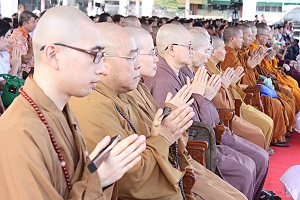




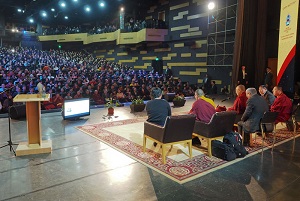



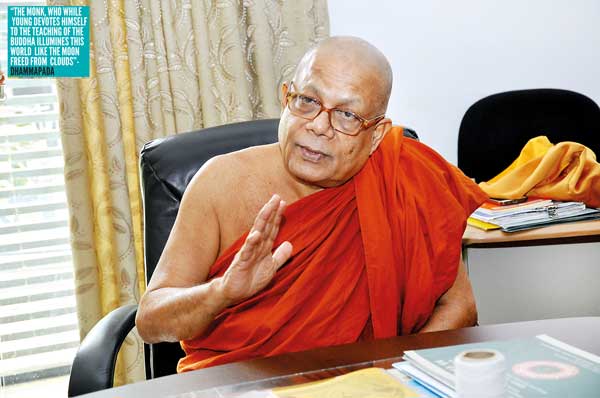


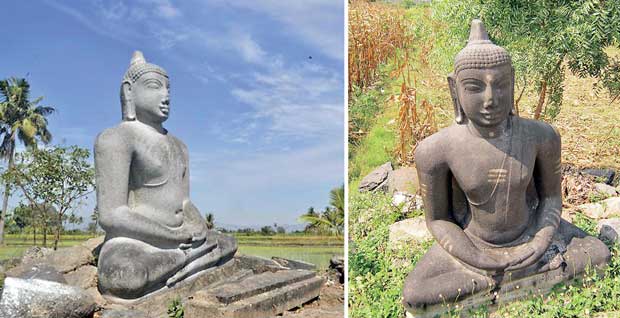


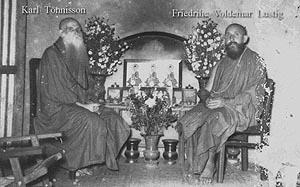













A true Buddha puthra with an iron will is Ven. Kirama Wimalajothi Thera. He is an epitome of Lord Buddha’s teaching that the greatest daana ever is Dharma daana. The Buddhist Cultural Centre he initiated in Nedimala as a facilitator to Buddhist literature at a time when publications were scarce in the country personifies this. Setting up the iconic Sri Sambuddhathwa Jayanthi Mandiraya in Thummulla -- against all odds -- commemorated the 2600 years of Sri Sambuddhathwa Jayanthi in 2011, he further proved his mettle by gifting an oasis of Dhamma to all Buddhists in the country and worldwide. In a candid interview with the Daily Mirror, this globally exposed Buddhist scholar who walked the talk elucidates on what ails sasana and urges for a collective will, putting aside political biases.